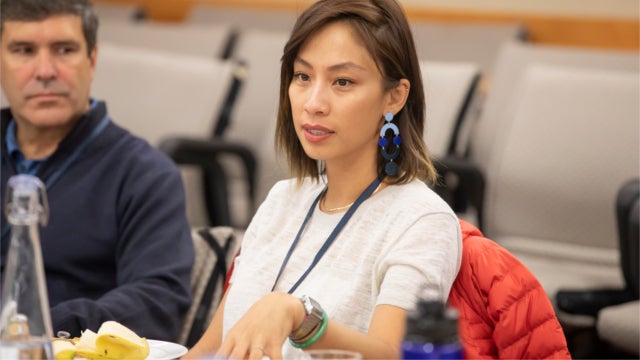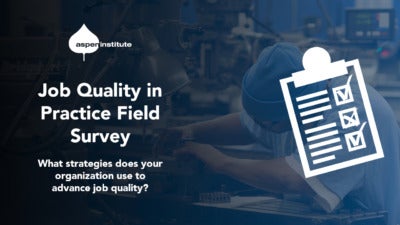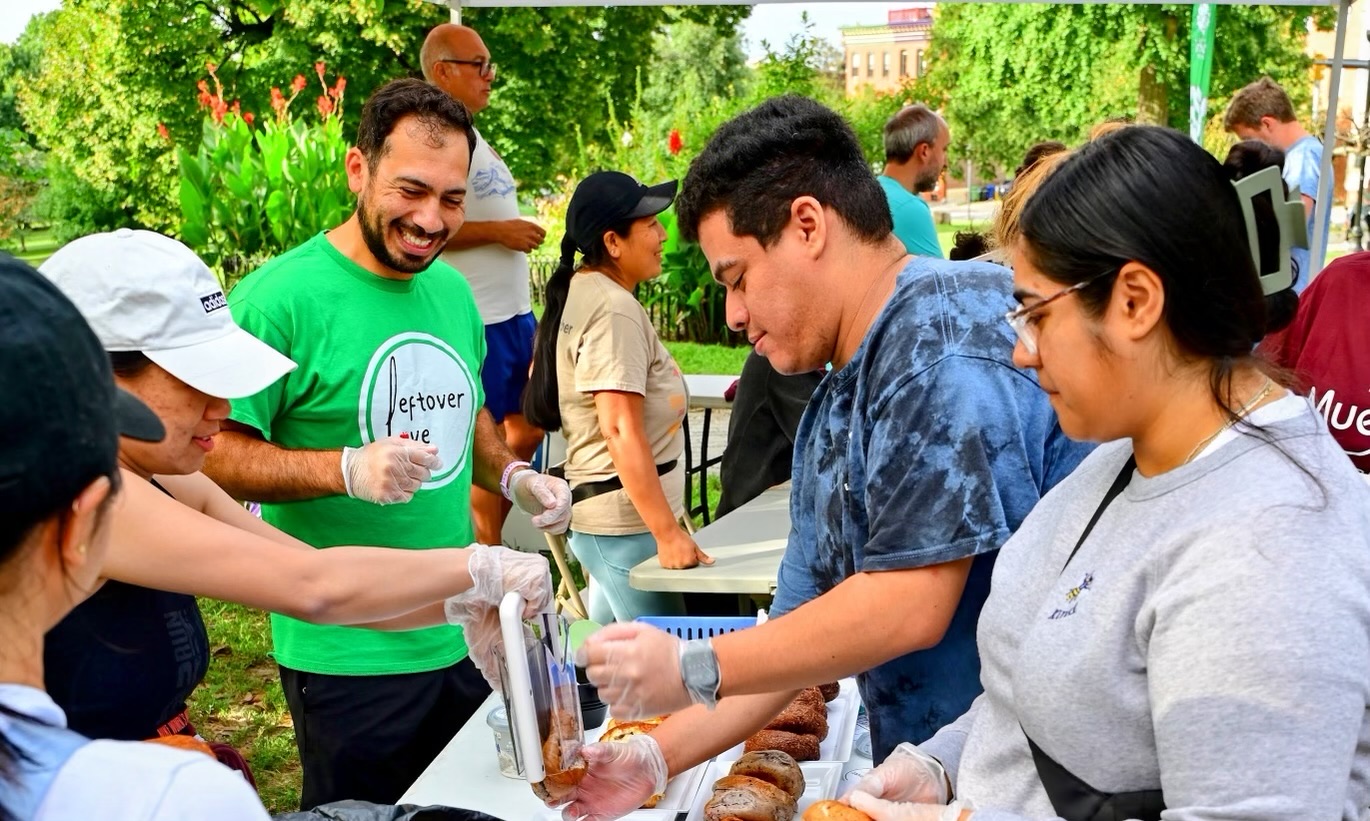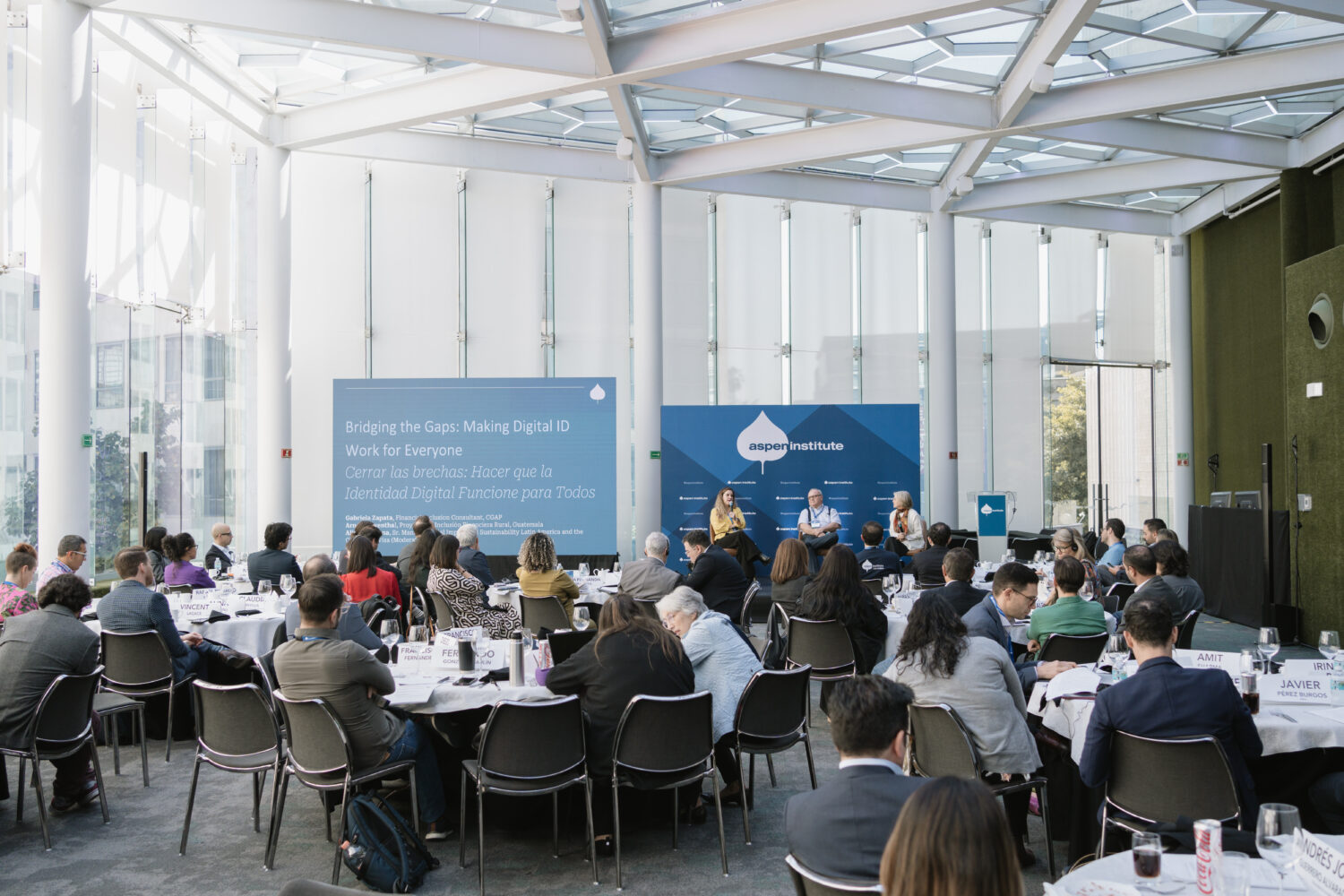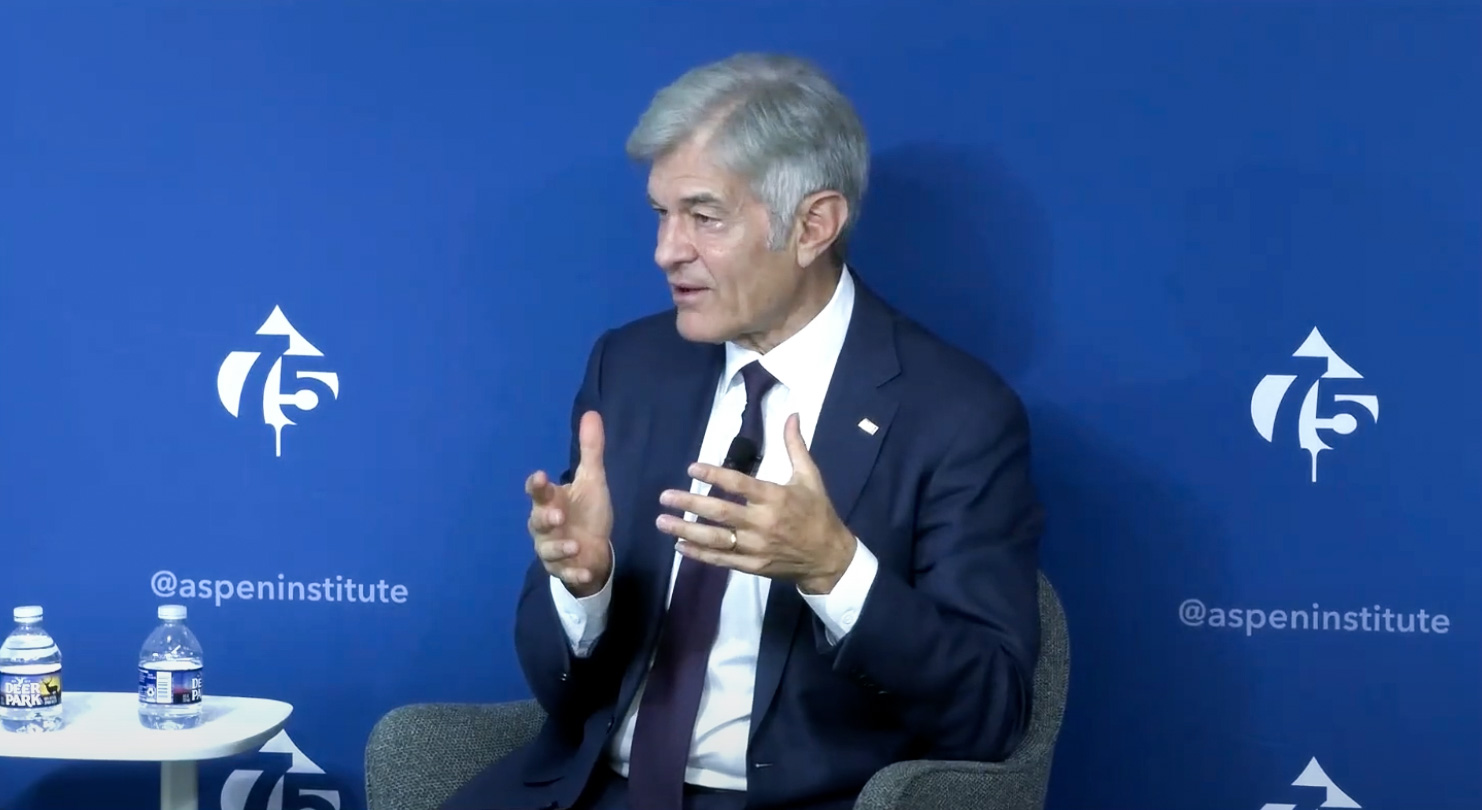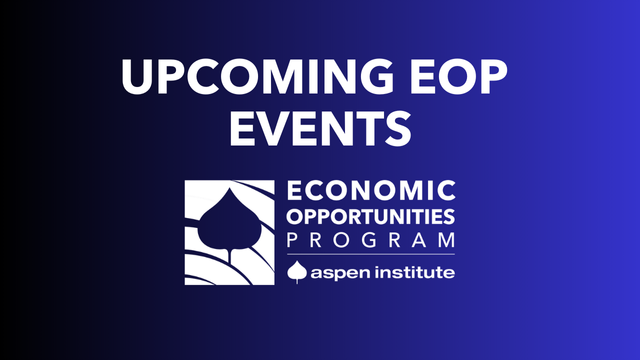
Deputy Director, Jobs to Move America
Linda Nguyen is currently Chief of Staff at UCFW Local 770. This profile is based on her work in the position she held during the majority of her Fellowship.
Each year, governments in the United States spend about $2 trillion on goods and services – spending with the potential to support up to 20 million jobs. In partnership with labor, community, and environmental groups, Jobs to Move America (JMA) works to ensure that public money spent on infrastructure supports quality jobs and healthy communities.
JMA operates in Chicago, Los Angeles, and New York, the cities with among the largest public purchasing power in the nation. “We build coalitions of local leaders to ensure that economic investment and growth are coupled with equity and sustainability, bridging economic, racial, housing, health, and environmental justice movements,” says Linda Nguyen, who led JMA’s campaigns in these cities.
To date, JMA’s advocacy efforts have supported the creation and retention of over 52,000 jobs, influenced over $7 billion in public infrastructure projects, and resulted in the establishment of two community benefits agreements – project-specific agreements between employers or real estate developers and community stakeholders.
Establishing Community Benefits Agreements with Businesses to Advance Job Quality
While community benefits agreements are commonly used as contracts with real estate developers to ensure communities reap economic benefits from development projects, JMA is demonstrating that they can also play a central role in ensuring that new infrastructure projects provide good jobs to local communities. At JMA, Nguyen led negotiations on the nation’s first infrastructure community benefits agreement with railway vehicle manufacturer CRRC Sifang America, which is opening a $100 million facility on Chicago’s South Side. As part of the agreement, CRRC Sifang committed to hire an estimated 300 union construction and manufacturing workers from the local community and invest in a pre-apprenticeship program to prepare residents for jobs. Sifang also agreed to hire people facing barriers to employment, including veterans, formerly incarcerated individuals, women, and people of color.
To advance inclusive procurement processes, JMA worked with partners to develop the US Employment Plan (USEP). The USEP is a job quality tool for use in procurement processes. It levels the playing field for firms that are deeply invested in quality job creation and incentivizes competing firms to adopt high road practices. The USEP supports the selection of transportation equipment manufacturers that commit to creating good jobs, investing in domestic manufacturing facilities, and providing training to people who face barriers to employment. The plan has been used in major procurement processes from Chicago to Massachusetts Bay to Atlanta.
In Los Angeles, JMA’s coalition successfully advocated for the Los Angeles County Transportation Authority (Metro) to pilot the USEP with railway vehicle manufacturer Kinkisharyo. The company has since created over 600 unionized jobs with an average wage of $21 per hour. Recently, Metro’s board voted unanimously to apply the USEP to all projects above $100 million, a decision that could result in 22,000 high quality jobs.
Nguyen supported a five-year effort to fund the development of city-wide electric bus fleets in the cities where Jobs to Move America operates. The initiative, which sits at the intersection of economic and climate justice, has already seen success. For instance, the California Air Resources Board recently voted for all transit agencies to transition to zero-emission buses by 2040 and to use the opportunity to invest in workforce development programs and good-paying jobs.
“This effort aims to support communities of color and low-income communities facing disproportionate rates of poverty and pollution – including exposure to higher rates of emissions from diesel burning buses – by advancing a clean energy agenda and creating pipelines to good jobs,” says Nguyen.
Share
Tweet“Quality jobs are key, from our perspective, to lifting communities, families, [and] working people out of poverty.” #JobQuality Fellow Linda NguyenTweetGovernments in the US spend $2 trillion annually on goods and services, with the potential to support up to 20 million jobs. @JobsMoveAmerica works to ensure that this money supports quality jobs and healthy communities.TweetTo make public procurement more inclusive, @JobsMoveAmerica helped develop the US Employment Plan, a #jobquality tool that supports the selection of manufacturers committed to creating good jobs.Tweet“This effort aims to support communities of color and low-income communities facing disproportionate rates of poverty and pollution… by advancing a clean energy agenda and creating pipelines to good jobs.” #JobQuality Fellow Linda NguyenTweetOur economy needs more quality jobs. Learn how leaders like Linda Nguyen are innovating to boost opportunity in communities across the country.
Learn more
is a member of the Job Quality Fellowship, Class of 2018-19. The Job Quality Fellowship is a project of the Aspen Institute Economic Opportunities Program.
The Economic Opportunities Program advances strategies, policies, and ideas to help low- and moderate-income people thrive in a changing economy. Follow us on social media and join our mailing list to stay up-to-date on our work, including publications, events, blog posts, and more.

